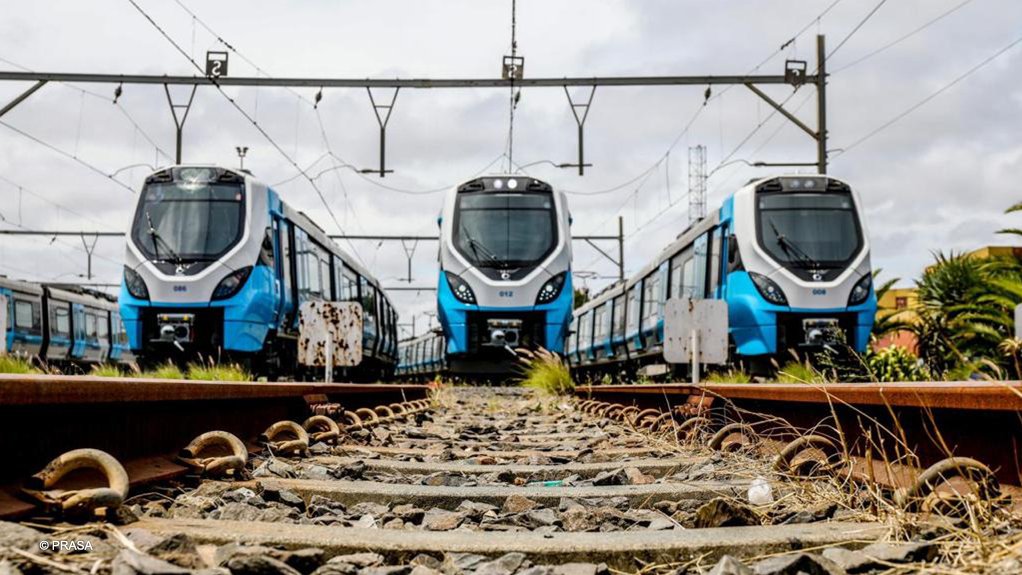During this fiscal year, additional five routes in the Western Cape region have been identified for revitalization efforts. These additional five routes include Nyanga to Philippi, Philippi to Chris Hani, Philippi to Kapteinsklip, Bellville to Strand, and Cape Town to Muldersvlei all in the Western Cape region
The Passenger Rail Agency of South Africa (PRASA) reports that it has successfully restored eight railway lines in the Western Cape that had ceased operations due to the Covid-19 pandemic.
Six of the Western Cape’s railway lines are now operational with the use of the new blue electric motor units, referred to as Isitimela Sabantu. Trains are currently running along the Central, Southern, and Northern Corridors, serving 88 out of the province’s 121 stations.
PRASA states, “We are consistently advancing in the restoration of these lines, which is integral to our broader strategy of enhancing passenger rail services throughout South Africa, aiming to establish rail as a secure, dependable, and economical means of transportation.”
Key Strategies for Elevating Western Cape region Passenger Train Services
The strategies to enhance passenger train services in Cape Town encompass boosting the train count within the rail network, enhancing train frequency via signal system recovery, and upgrading train stations along the impacted routes.
The latest survey by Statistics South Africa on Land Transport indicates a consistent and robust demand for passenger rail travel, as highlighted by the agency. The survey, published on August 21st, reveals a year-on-year increase of 215% in passenger rail service demand, despite originating from a smaller base.
Hishaam Emeran, the CEO of PRASA group, points out that there has been a 200% surge in passenger trips along Cape Town’s rail lines since the start of this year. He acknowledges a substantial rise in passenger numbers for the agency but acknowledges that these figures remain below the desired level.
Hishaam Emeran mentions that PRASA used to carry 750,000 passengers daily, a far cry from the current 50,000 trips per day. One contributing factor is infrequent train schedules, with trains running only every 45 minutes to an hour during peak hours. The plan is to reduce this frequency to a range of five to fifteen minutes by enhancing signaling systems.
At present, PRASA relies on manual authorization processes.
Also read Botswana and South Africa pursue financing for the Mmamabula-Lephalale link

Leave a Reply